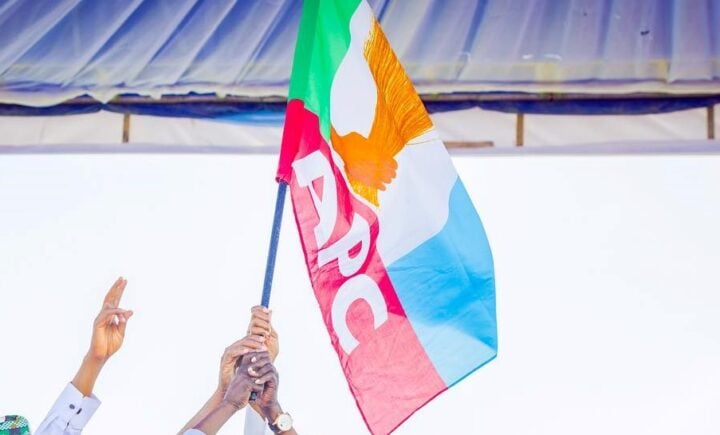SB Morgen (SBM) Intelligence, a geopolitical research firm, says kidnappers demanded over N48 billion from victims and their families between July 2024 and June 2025.
The research firm, in its latest report, titled ‘Economics of Nigeria’s Kidnap Industry,’ said out of the total amount of N48 billion demanded as ransom, only N2.57 billion was received.
According to SBM, no fewer than 4722 people were kidnapped in at least 997 incidents, in which at least 762 people were killed in the same period.
“Nigeria’s kidnapping crisis has evolved into a lucrative criminal enterprise, with N2.56 billion ($1.66 million) confirmed in ransom payments and 4,722 civilians abducted in just one year,” the report reads.
Advertisement
“The Northwest remains the most violent, while the Southeast and South-South face targeted religious abductions and financial extortion.
“Unless security forces dismantle these networks and address root causes—poverty, unemployment, and weak law enforcement—the cycle of kidnappings, ransoms, and deaths will continue unchecked, leaving ordinary Nigerians in perpetual fear.”
The firm explained that while the amount of naira paid in ransom has dramatically increased, the dollar equivalent has not kept pace.
Advertisement
For example, the report highlighted that in the 2022 report, a total of N653.7 million was paid, which equated to approximately $1.13 million.
The following year, the amount paid dropped to N302 million ($387,179).
“Although the NGN amount paid rose sharply to N1.05 billion in 2024, the USD equivalent was only around $655,000,” the report reads.
“The latest figures show a new high, with N2.56 billion paid, which amounts to approximately $1.66 million.
Advertisement
“This significant divergence between the NGN and USD amounts reflects the ongoing devaluation of the Nigerian currency.
“As the cost of living soars and legitimate livelihood opportunities dwindle, kidnapping has become a highly organised and pervasive criminal industry.”
The firm noted that the perpetrators are demanding increasingly higher sums in naira to compensate for the currency’s weakening purchasing power, thus transforming the crimes from a symptom of a weak security apparatus to a self-sustaining business model.
ZAMFARA, KADUNA RECORDED HIGHEST NUMBER OF PEOPLE KIDNAPPED
Advertisement
Giving a state analysis, the research firm said that of the 4,722 reported kidnapping cases, Zamfara, Kaduna, and Katsina had the highest numbers of incidents and victims.
“In the period under review, Katsina led in the number of kidnap-related incidents with 131, accounting for 13.1% of the national total,” the report reads.
Advertisement
“However, this does not correspond with the total number of people kidnapped. That record belongs to Zamfara, whose 1203 kidnapped residents account for 25.4% of the total.
“Of the top five states in the number of incidents, four-fifths are northern, with Katsina (131), Kaduna (123), Zamfara (113) and Niger (40) representing two northern geopolitical zones (Northwest and Northcentral).
Advertisement
“In comparison, Delta completes the five states with 49 incidents.
“This means that the most kidnap-infested state in the South accounts for a little less than 5% of the whole, making the kidnap crisis a predominantly northern issue.”
Advertisement
SBM noted that the kidnappers became bolder this year, with eye-watering sums requested for ransom.
According to the report, of the N48 billion demanded as payment, the highest amount demanded came from the abduction of Chidimma and Precious Enuma, as well as their aunt Anwuri Oko Ye in Ebedei Ukwuole community of Ukwuani local government area of Delta State on March 15, 2025.
The kidnappers requested N30 billion as ransom; this singular incident represents 62.5 percent of all ransom demanded.
SBM advised that breaking the cycle of abductions requires urgent and systemic action, stressing that the government must act with dedication and strategy to end the crisis.
According to the firm, disrupting financial networks through advanced tracing technologies could starve kidnappers of profits, while economic stabilisation might reduce recruitment pools.
“But without coordinated strategies targeting both the crime’s profitability and its socioeconomic drivers, Nigeria risks entrenching kidnapping as a grim national industry, one that perpetuates poverty, undermines recovery, and leaves citizens hostage to a failing system,” the firm warned.
SBM said the time for half-measures has passed, adding that only through dismantling the ransom economy can Nigeria begin reclaiming its security and future.










